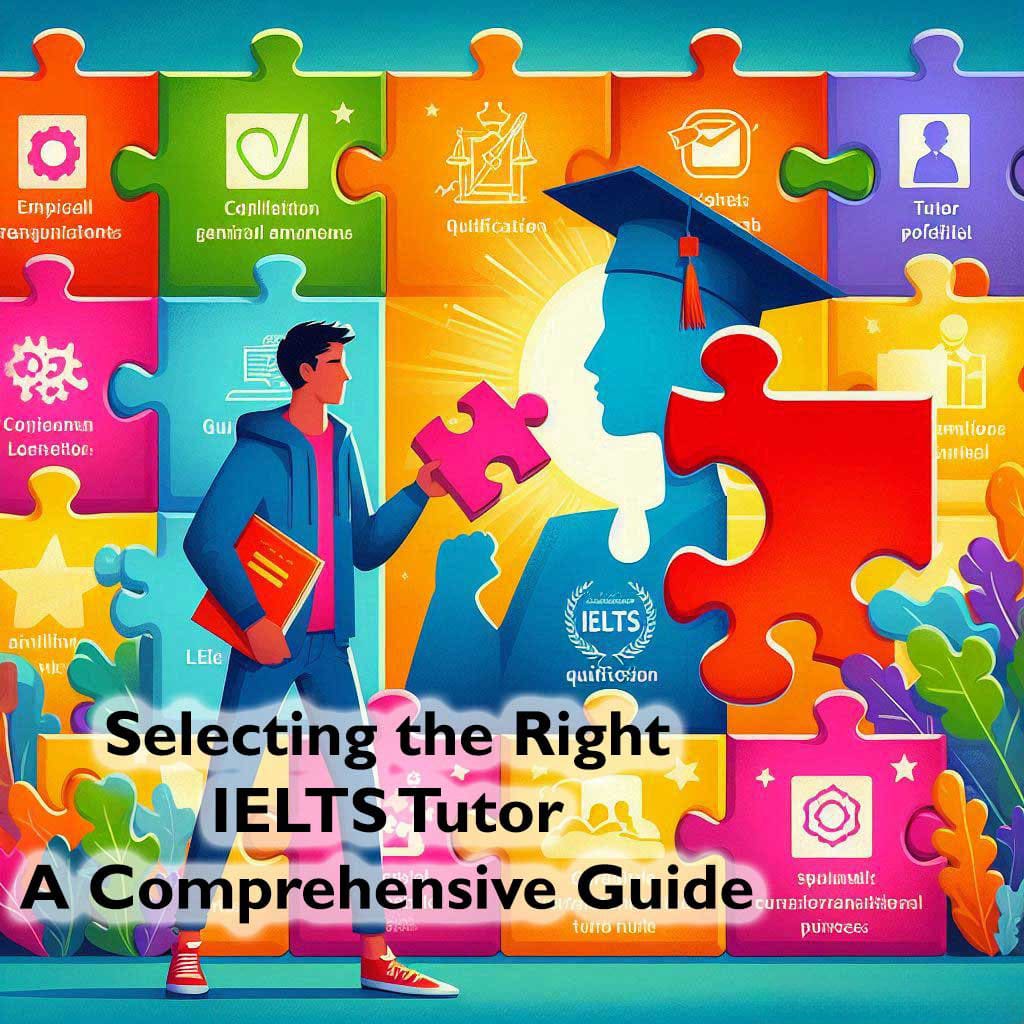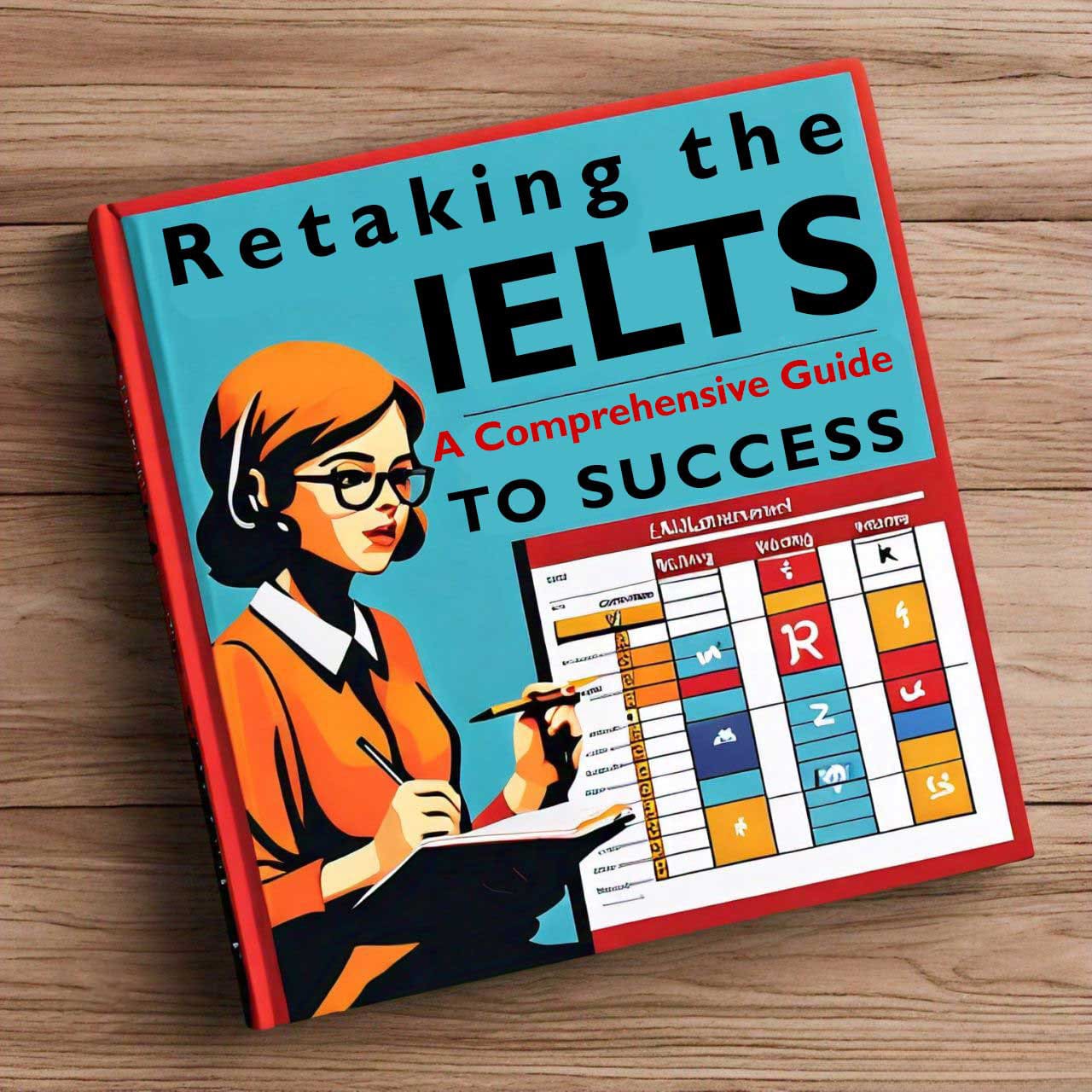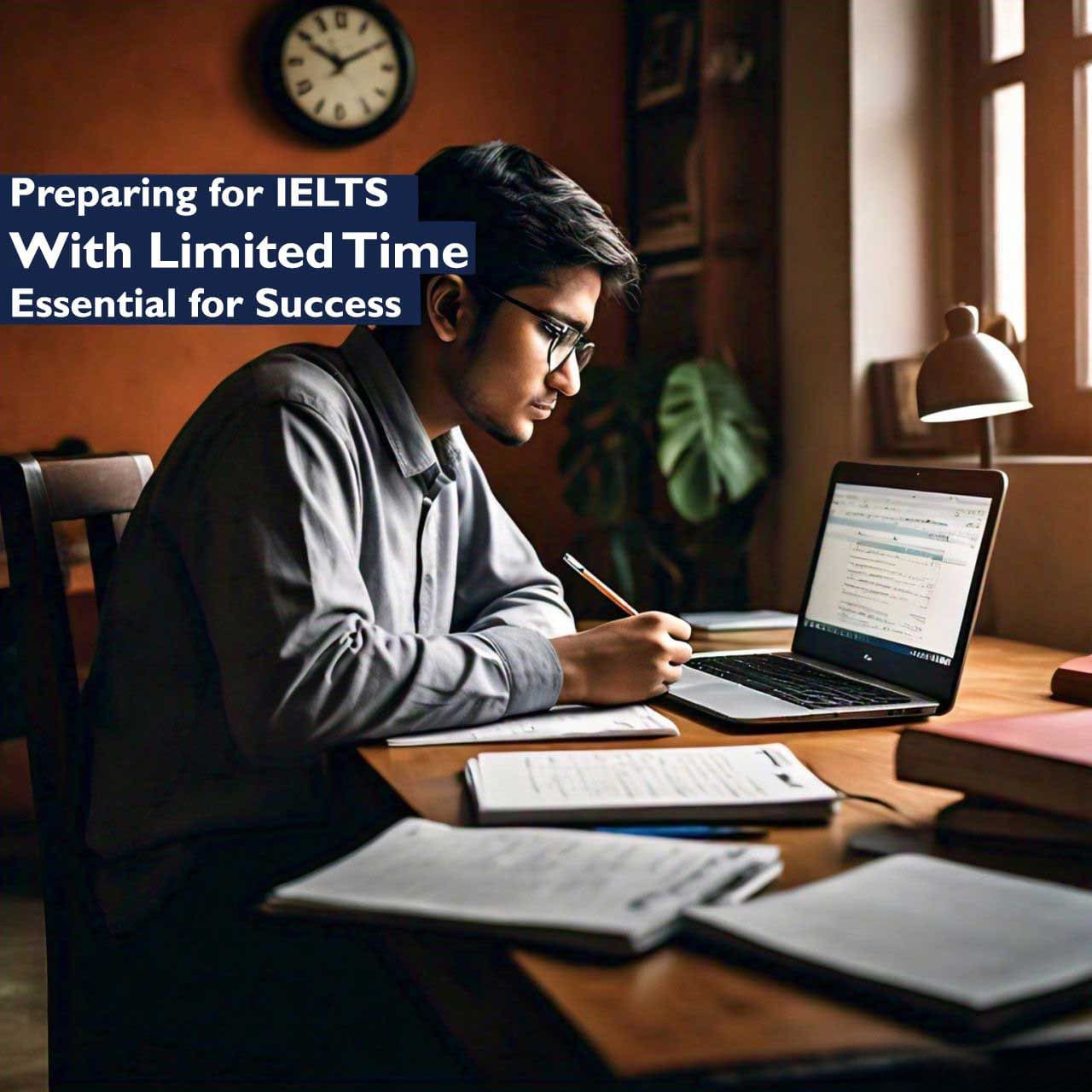Preparing for the IELTS exam can be a challenging journey, and having the right tutor can make a significant difference in your success. A good tutor can provide personalized guidance, targeted practice, and valuable feedback to help you achieve your desired score. However, selecting the right IELTS tutor requires careful consideration of several factors. In this blog post, we’ll explore how to find the best tutor for your needs and what to look for during your search.
Table of Contents
Why You Need an IELTS Tutor
Before diving into the selection process, it’s important to understand why having an IELTS tutor can be beneficial:
1. Personalized Learning: Tutors can tailor lessons to your specific strengths and weaknesses, providing targeted practice to improve your skills.
2. Expert Guidance: Experienced tutors have a deep understanding of the IELTS format and can offer strategies to tackle each section effectively.
3. Feedback and Correction: Tutors can provide immediate feedback on your performance, helping you correct mistakes and improve continuously.
4. Motivation and Support: A good tutor can keep you motivated, track your progress, and provide encouragement throughout your preparation.
Steps to Selecting the Right IELTS Tutor
1. Define Your Goals and Needs:
– Specific Score Target: Know your required band score for university admission, immigration, or employment.
– Skill Focus: Identify which sections (Listening, Reading, Writing, Speaking) you need the most help with.
– Learning Style: Understand whether you prefer structured lessons, interactive sessions, or self-paced learning with guidance.
2. Look for Qualifications and Experience:
– Certified Tutors: Seek tutors with relevant certifications such as CELTA, DELTA, or TESOL.
– Experience with IELTS: Prefer tutors with a proven track record of preparing students for the IELTS exam.
– Knowledge of Test Format: Ensure the tutor is well-versed in the latest IELTS test format and requirements.
3. Consider Teaching Style and Methodology:
– Interactive Approach: Look for tutors who encourage active participation and engagement during lessons.
– Customizable Lessons: Choose tutors who offer personalized lesson plans based on your needs and progress.
– Use of Resources: Ensure the tutor provides access to quality study materials, practice tests, and useful resources.
4. Check Reviews and Testimonials:
– Student Feedback: Read reviews and testimonials from previous students to gauge the tutor’s effectiveness and teaching style.
– Success Stories: Look for evidence of the tutor’s success in helping students achieve their desired IELTS scores.
5. Evaluate Communication Skills:
– Clarity and Patience: The tutor should explain concepts clearly and be patient with your learning process.
– Language Proficiency: The tutor should have excellent command of English and be able to teach all aspects of the language.
6. Assess Availability and Flexibility:
– Scheduling: Ensure the tutor’s availability matches your schedule, especially if you have a tight timeline.
– Flexibility: Look for tutors who can adapt to your changing needs and offer flexible lesson timings.
7. Conduct a Trial Session:
– Compatibility Check: Many tutors offer a free or discounted trial session. Use this opportunity to assess compatibility and teaching effectiveness.
– Ask Questions: Prepare questions about their teaching approach, experience, and how they plan to help you achieve your goals.
8. Compare Costs:
– Affordability: Compare the rates of different tutors to find one that fits your budget.
– Value for Money: Consider the quality of teaching and resources provided relative to the cost.
Questions to Ask Potential Tutors
1. What is your experience with the IELTS exam?
2. Can you provide references or testimonials from past students?
3. How do you customize lessons to address individual student needs?
4. What study materials and resources do you provide?
5. How do you track and measure progress?
6. What is your availability, and do you offer flexible scheduling?
7. Can you explain your teaching methodology and approach to test preparation?
8. Do you offer any guarantees or assurances regarding score improvement?
Conclusion
Selecting the right IELTS tutor is a crucial step towards achieving your desired band score. By defining your goals, researching qualifications, considering teaching styles, and conducting thorough evaluations, you can find a tutor who meets your needs and supports your journey to success. Remember, a good tutor is not just a teacher but a mentor who guides you, motivates you, and helps you navigate the challenges of IELTS preparation with confidence. Invest the time to choose wisely, and you’ll be well on your way to acing the IELTS exam.



